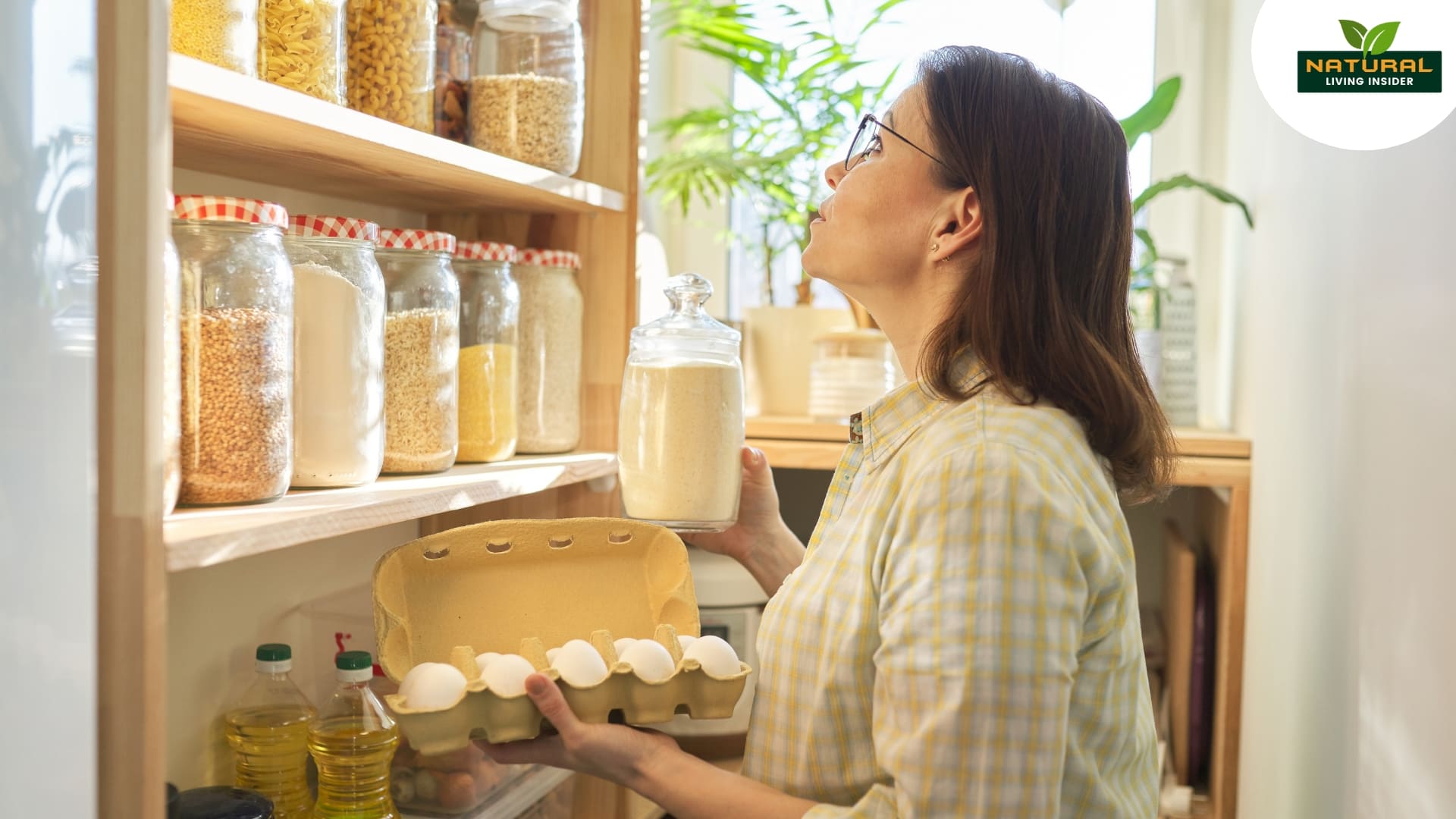
A sustainable kitchen is a space designed and managed to minimize environmental impact, promote health, and support a responsible way of living. It focuses on using resources efficiently, reducing waste, and incorporating , eco-friendly lifestyle. Whether you’re passionate about reducing your carbon footprint or simply want to enjoy the benefits of natural ingredients, we’re here to inspire and support your journey. With sustainable kitchen ideas, eco-friendly cooking tips, and resources for using natural products, we’re committed to helping you transform your kitchen into a hub of health and sustainability.
Table of Contents
Why a Sustainable Kitchen Matters
A sustainable kitchen goes beyond just cooking—it’s about making thoughtful choices that benefit your health, your home, and the planet. Here’s why embracing sustainable practices in your kitchen is essential:
- Protect the Environment: Reducing waste and opting for natural ingredients minimizes your impact on the planet.
- Save Money: Reusable tools, energy-efficient appliances, and smart meal planning can lower your grocery and utility bills.
- Promote Health: Natural, unprocessed ingredients are packed with nutrients and free from harmful chemicals.
- Support Local Communities: Choosing local produce and ethical brands contributes to a fair and sustainable economy.
By making simple changes, you can create a kitchen that reflects your values while delivering delicious, wholesome meals.
Key Elements of a Sustainable Kitchen
1. Natural Ingredients
Switching to natural ingredients is the cornerstone of a sustainable kitchen. By choosing organic produce, whole grains, and minimally processed foods, you can create meals that are both nutritious and flavorful.
- Why Choose Natural?
Natural ingredients are free from harmful chemicals, pesticides, and artificial additives. They’re better for your body and the environment. - Where to Find Them:
Explore farmer’s markets, organic stores, or community-supported agriculture (CSA) programs for fresh, local ingredients.
2. Eco-Friendly Tools and Appliances
Your kitchen equipment can play a big role in sustainability. Consider these eco-friendly upgrades:
- Reusable Storage Solutions: Use glass jars, silicone bags, and beeswax wraps instead of single-use plastic.
- Energy-Efficient Appliances: Invest in appliances with high energy ratings to save power.
- Compost Bins: Reduce food waste by composting scraps, creating nutrient-rich soil for your garden.
3. Zero-Waste Cooking Practices
Adopting zero-waste habits helps you make the most of every ingredient. Start by:
- Using Every Part: Turn vegetable peels into stock, and use fruit scraps for jams or desserts.
- Meal Planning: Plan your meals to avoid overbuying and food spoilage.
- Storing Smartly: Keep herbs and vegetables fresh longer with proper storage techniques.
Eco-Friendly Cooking Tips
- Batch Cooking: Save energy by preparing multiple meals at once. Store leftovers in reusable containers for quick, waste-free meals.
- Plant-Based Recipes: Incorporate more plant-based meals into your diet. They’re less resource-intensive and packed with nutrients.
- DIY Cleaning Products: Make natural cleaning sprays using ingredients like vinegar, baking soda, and essential oils to reduce harmful chemicals in your kitchen.
- Energy-Saving Techniques: Cook with lids on pots to reduce cooking time and energy usage. Opt for smaller appliances like toaster ovens when possible.
Sustainable Kitchen Ideas
- Herb Garden in the Kitchen: Grow your own herbs in small pots on your windowsill. It’s cost-effective, fresh, and reduces packaging waste.
- Upcycled Decor: Use old jars, wooden crates, or ceramic dishes to organize your kitchen or create a rustic aesthetic.
- DIY Spice Blends: Create your own spice blends using bulk-bought, natural ingredients for a unique touch in your cooking.
- Swap Disposable for Reusable: Use cloth napkins, bamboo utensils, and stainless steel straws for a plastic-free kitchen.
How to Get Started a sustainable kitchen?
Creating a sustainable kitchen is a journey, not a destination. Here’s how you can take the first steps:
- Audit Your Pantry: Identify items you can replace with natural or eco-friendly alternatives.
- Reduce Waste: Start composting and use leftovers creatively.
- Invest in Sustainability: Gradually upgrade your tools and appliances to more eco-friendly options.
- Educate Yourself: Stay informed about sustainable kitchen ideas and eco-friendly cooking tips by joining the Nature’s Pantry community.
Creating a sustainable kitchen is more than just a trend—it’s a meaningful step toward a healthier, more eco-conscious lifestyle. By embracing sustainable kitchen ideas, incorporating eco-friendly cooking tips, and prioritizing natural ingredients, you can transform your daily habits to benefit both yourself and the planet. Every choice you make, from the ingredients you select to the tools you use, has the power to create a positive impact. A sustainable kitchen idea is not just about what you cook—it’s about how you live, how you care for the environment, and how you nourish yourself and your loved ones. At Nature’s Pantry, we’re here to guide and inspire you every step of the way. Together, let’s make sustainability the heart of our kitchens and create a brighter future, one meal at a time.



